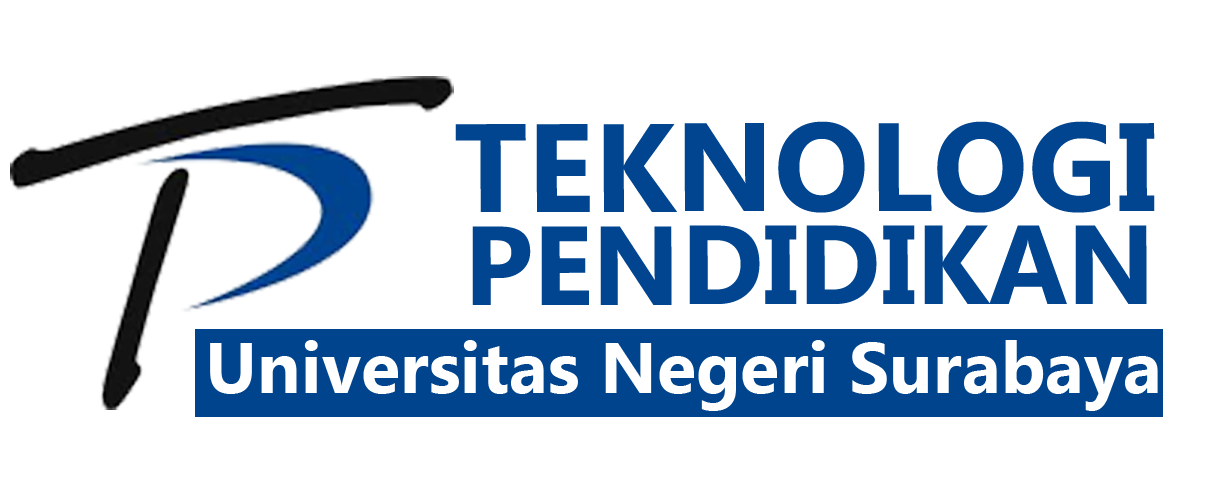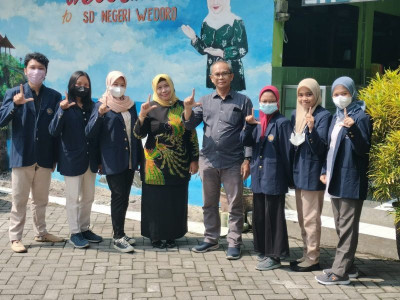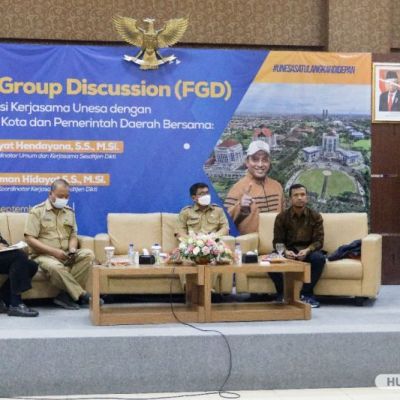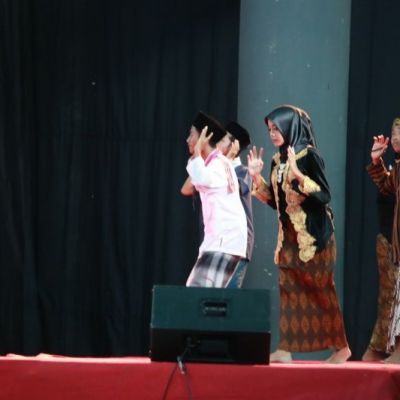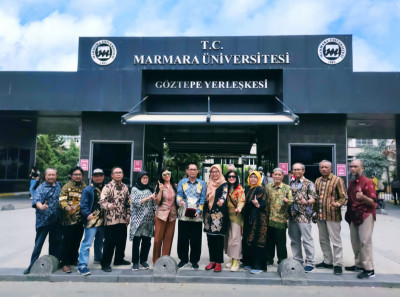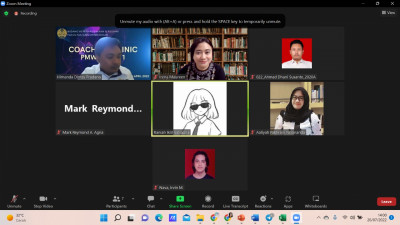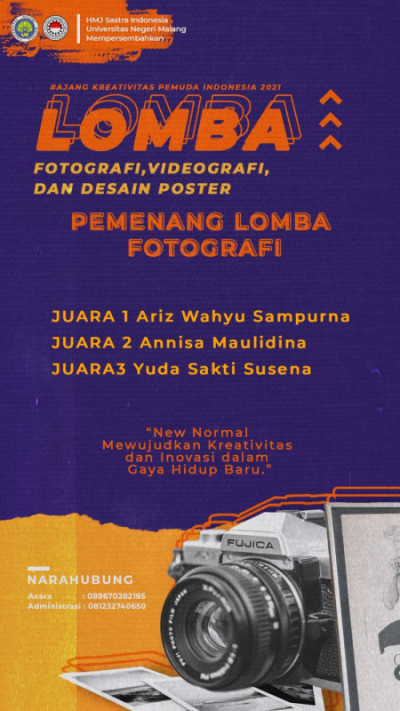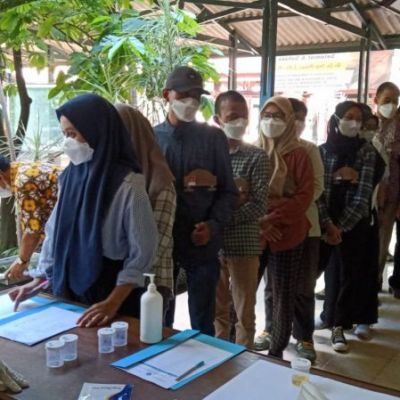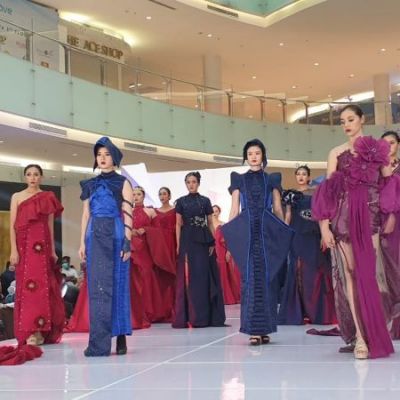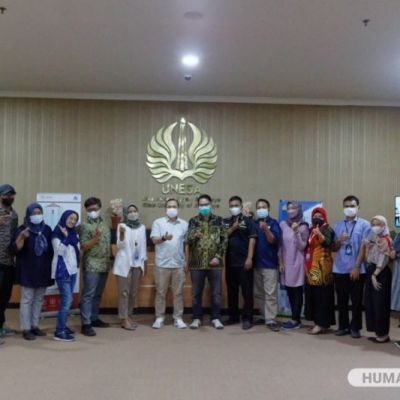Unesa.ac.id, SURABAYA–In order to build the skills of disabled students to implement assistive technology in the digital 4.0 era, the Difabel Division of the State University of Surabaya (UNESA) held an Assistive Technology Training at the Rectorate Building on September 23, 2022.
Head of the UNESA Disability Division, Prof. Dr. Budiyanto, M.Pd., in his opening remarks said that this seminar aims to guide students with disabilities regarding procedures for using and utilizing IT facilities.
In addition, he added that in the future there will be more programs carried out to improve the quality of empowerment and services for students with disabilities. Especially in the development of the use of sign language skills for volunteers to assist deaf and speech impaired students in order to establish better relationships.
Vice Chancellor for Planning and Cooperation, Dr. Sujarwanto, M.Pd., who was also present at the event, added that this assistance was important for UNESA as a disability-friendly campus. UNESA is concerned and will continue to improve quality through approaches and collaboration with people with disabilities. “Friends with disabilities must keep the spirit! Don‘t be humble or inferior," he said.
In the presentation of the material presented by the UNESA PLB lecturer, Diah Ekasari, M.Pd., conveyed about how to guide students with disabilities to use the accessibility of the SSO website (SIM TEP) for new students and (SIM YUDISIUM) for students whose thesis scores have been issued.
In the TEP material, he gave directions regarding how to understand the registration process, payment, schedule for the test, test procedures, to the process of guiding the test. Likewise with counseling on the procedures for using the YUDISIUM SIM, from the login procedure to the stage of the judicial registration requirements.
Blind activist, Titik Muliani, S.Pd., added how to access vines for students with disabilities in order to know the systematics of learning courses, procedures for attending lectures and accessing daily materials or assignments.
PSLD 2020 volunteer, Faizur Rahmatin, in his material which is not much different from the head of the UNESA Difabel Division, namely how the development of facilities and infrastructure for students with disabilities is able to meet their needs during the learning process.
"Especially the need for deaf students who still lack audio-text in learning, coupled with the lack of sign language interpreters, make it difficult for them to interpret sign language," he said. [HUMAS UNESA]
Author: Saputra
Editor: @zam Alasiah*
UNESA Disability Students Participate in Assistive Technology Training
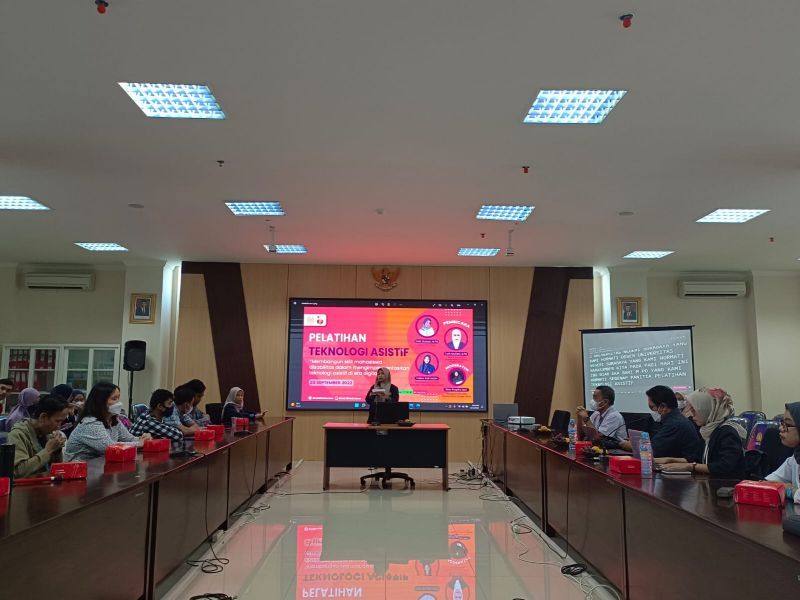
24 September 2022
